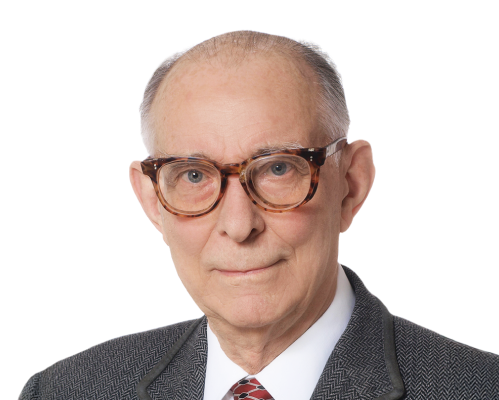Neurotransmission in Health and Disease
2014 Warren Alpert Foundation Prize Symposium
In honor of Oleh Hornykiewicz, MD, Roger A. Nicoll, MD, Solomon H. Snyder, MD for their seminal contribution to our understanding of neurotransmission and neurodegeneration.


Oleh Hornykiewicz


Roger A. Nicoll


Solomon H. Snyder
Symposium Program
Each year the recipient(s) of the Warren Alpert Foundation Prize are recognized at a scientific symposium hosted by Harvard Medical School.
Opening Remarks:
Jeffrey S. Flier, MD
Dean of Faculty, Harvard Medical School
Co-Moderators:
Rachel Wilson, PhD
Professor
Department of Neurobiology, Harvard Medical School
David Ginty, PhD
Edward R. and Anne G. Lefler Professor of Neurobiology, HMS Investigator, Howard Hughes Medical Institute
Prize Recipients. Remarks and Reflections:
Oleh Hornykiewicz, MD
Professor Emeritus
Medical University of Vienna and University of Toronto
Solomon H. Snyder, MD
Distinguished Service Professor of Neuroscience, Pharmacology and Psychiatry
Johns Hopkins School of Medicine
Roger A. Nicoll, MD
Professor
University of California, San Francisco School of Medicine
Invited Speakers
John Williams, PhD
Senior Scientist, Vollum Institute Oregon Health & Sciences University
G-protein Coupled Receptor dependent synaptic transmission
Anatol Kreitzer, PhD
Associate Investigator, Gladstone Institutes. University of California, San Francisco
Circuit Mechanisms Underlying Basal Ganglia Function and Dysfunction
Beth Stevens, PhD
Assistant Professor
FM Kirby Neurobiology Center Boston Children's Hospital Harvard Medical School Immune Mechanisms of Synapse Loss in Health and Disease

Sign up to receive updates

For questions about the prize, please contact us.

